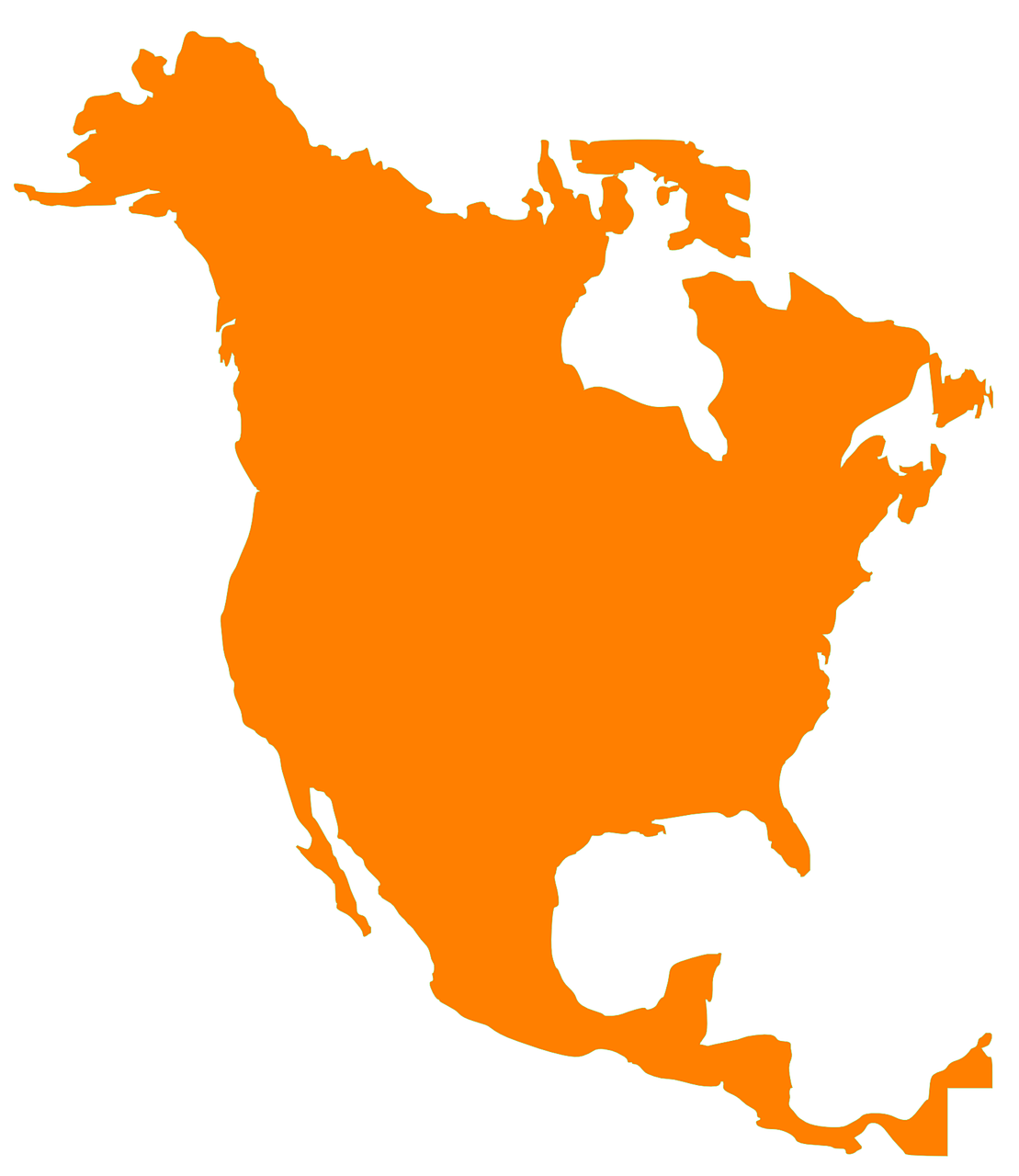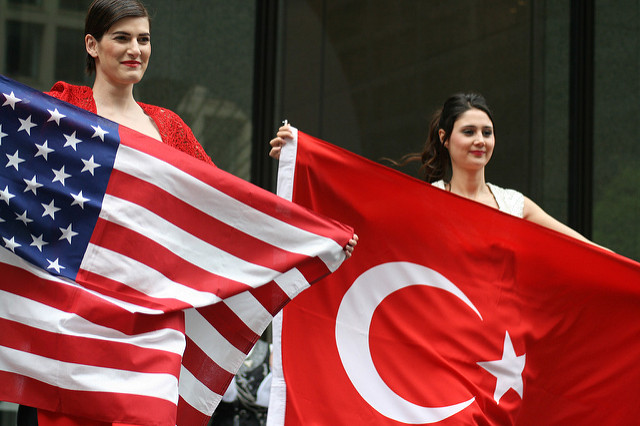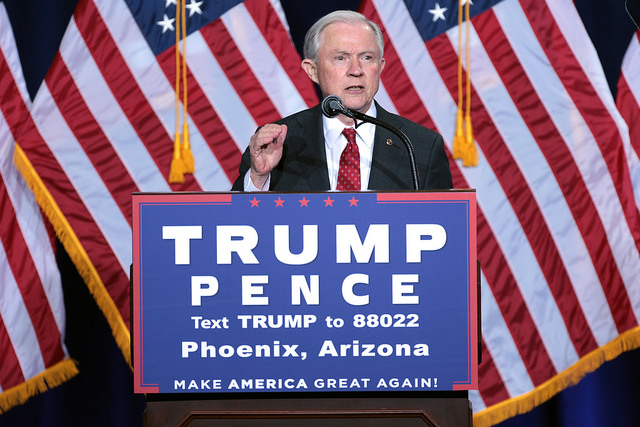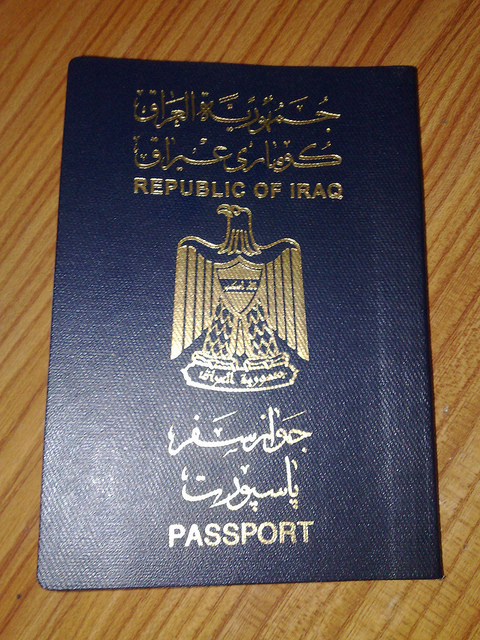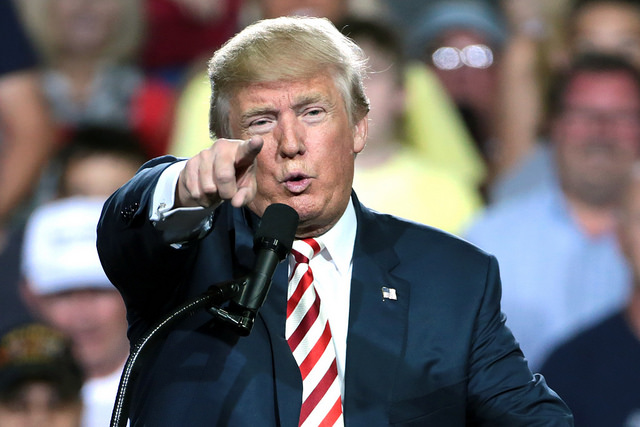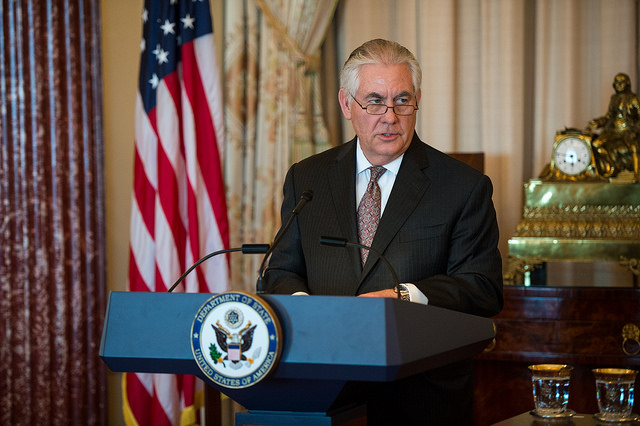If you are a citizen of Canada or Mexico and you are interested in working in the United States temporarily, the TN visa may be right for you.
Under 8 CFR 214.16, Citizens of Canada or Mexico may seek temporary entry under the North American Free Trade Agreement (NAFTA) to engage in business activities at a professional level.
This section of the law defines business activities at a professional level as “undertakings which require….at least a baccalaureate degree or appropriate credentials demonstrating status as a professional in a profession set forth in Appendix 1603.D.1 of NAFTA.”
What are business activities at a professional level?
A citizen of Canada or Mexico may perform prearranged business activities for a United States entity, meaning that the Canadian or Mexican citizen must have a pre-arranged employment agreement to perform professional services in the United States. TN applicants may not enter with the intent to establish permanent residence in the United States. TN visa applicants may only remain in the United States to fulfill their pre-arranged employment agreement and depart after that period has ended. The TN visa is issued for an initial period of 3 years, with one-year extensions granted thereafter if necessary.
The following table outlines professions authorized for TN Visa purposes:
Appendix 1603.D.1 (Annotated)
– Accountant – Baccalaureate or Licenciatura Degree; or C.P.A., C.A., C.G.A., or C.M.A.
– Architect – Baccalaureate or Licenciatura Degree; or state/provincial license. 2
2 The terms “state/provincial license” and “state/provincial/federal license” mean any document issued by a state, provincial, or federal government, as the case may be, or under its authority, but not by a local government, that permits a person to engage in a regulated activity or profession.
– Computer Systems Analyst – Baccalaureate or Licenciatura Degree; or Post-Secondary Diploma 3 or Post Secondary Certificate 4 and three years’ experience.
3 “Post Secondary Diploma” means a credential issued, on completion of two or more years of post secondary education, by an accredited academic institution in Canada or the United States.
4 “Post Secondary Certificate” means a certificate issued, on completion of two or more years of post secondary education at an academic institution, by the federal government of Mexico or a state government in Mexico, an academic institution recognized by the federal government or a state government, or an academic institution created by federal or state law.
– Disaster relief insurance claims adjuster (claims adjuster employed by an insurance company located in the territory of a Party, or an independent claims adjuster) – Baccalaureate or Licenciatura Degree and successful completion of training in the appropriate areas of insurance adjustment pertaining to disaster relief claims; or three years experience in claims adjustment and successful completion of training in the appropriate areas of insurance adjustment pertaining to disaster relief claims.
 Visa Lawyer Blog
Visa Lawyer Blog


